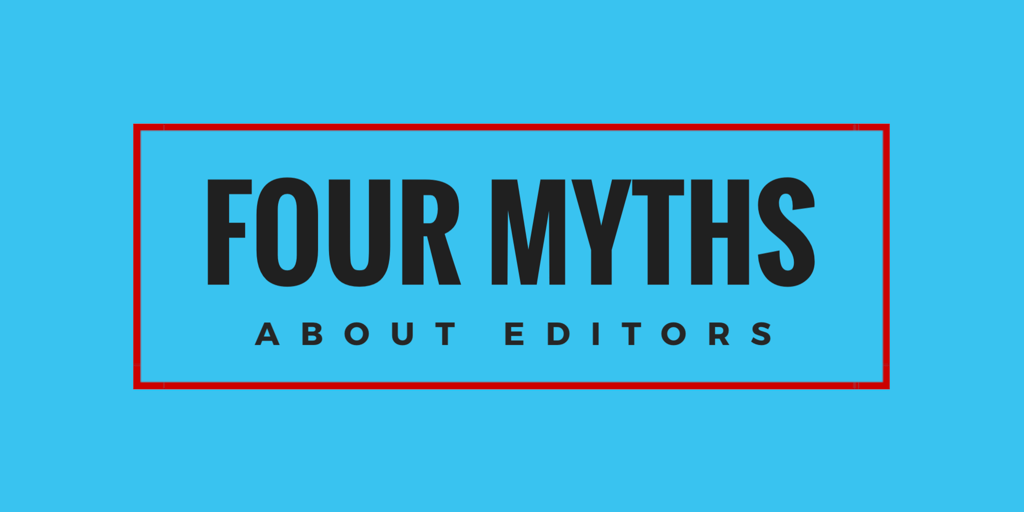
Take a close look at the picture above. Read verse 14 out loud.
The word “not” is missing. As in “Thou shalt ___ commit adultery.”
It is from an edition of the Bible published in 1631, now affectionately known as “The Sinners Bible” or “The Wicked Bible.” Adulterers of the realm celebrated! (Just kidding.)
The Royal Printers in London, Robert Barker and Martin Lucas, were to blame. It was meant to be a simple reprint of the King James Bible, first released in 1611. To this day, we don’t know if it was a simple mistake or if it was an act of sabotage by a competitor.
What is most fascinating to me is that the error was not discovered for an entire year! One thousand copies had been printed and circulated, and yet it was a full year before the mistake was revealed. The error was brought to the King’s attention by Dr. William Laud, the Bishop of London.
King Charles I was absolutely furious. He ordered all the copies to be seized and burned. He fired Barker and Lucas and fined them £3,000. (In today’s money, that would be more than $750,000 US.) This began the tragic downfall of Robert Barker. Four years later, he was in jail for racking up too much debt; and over the next ten years was in and out of prison until he died in a prison cell in 1645.
George Abbot, the Archbishop of Canterbury, was incensed. He later wrote:
I knew the tyme when great care was had about printing, the Bibles especially, good compositors and the best correctors were gotten being grave and learned men, the paper and the letter rare, and faire every way of the beste, but now the paper is nought, the composers boyes, and the correctors unlearned.
Despite the crown’s best efforts to destroy the print run, apparently at least nine copies of this Bible survive today. One sold in 2018 for nearly $56,250 in an auction. (You can read Sotheby’s auction description at this link.)
There are several other infamous Bible typos in history. Here are a few of the more famous ones (a full list can be found on the International Bible Collectors site):
“Cannibals” Bible. Deut. 24:3 reads “if the latter husband ate her” instead of “hate her.” — 1682
”Wife hater” Bible. Luke 14:26 reads “if any man come to me and hate not his father.., yea, and his own wife” instead of “his own life.” — 1810
“Vexing wives” Bible. Num. 25:18 reads “for they vex you with their wives” instead of “with their wiles.” — 1638
“Child killer” Bible. Mark 7:27 reads “Let the children first be killed” instead of “be filled.” — 1795
“Sin on” Bible. Jeremiah 31:34 reads “Sin on more” instead of “Sin no more.” — 1716
Jerry B. Jenkins recounts the story of his time as publisher of The Ryrie Study Bible during his tenure as Director of Moody Press in the 1980s. They printed an edition where a verse that began “Moreover brethren…” came out as “Moveover brethren….”
Bible proofreading is something we take for granted. Peachtree Editorial Services is a company that has been dedicated to this work for many decades. Our client, Chris Hudson, is the president of the company. You can be assured that the Bible you read today has been carefully proofread!
(I posted a version of this article years ago. It has been revised, updated, and edited for today’s reader.)











